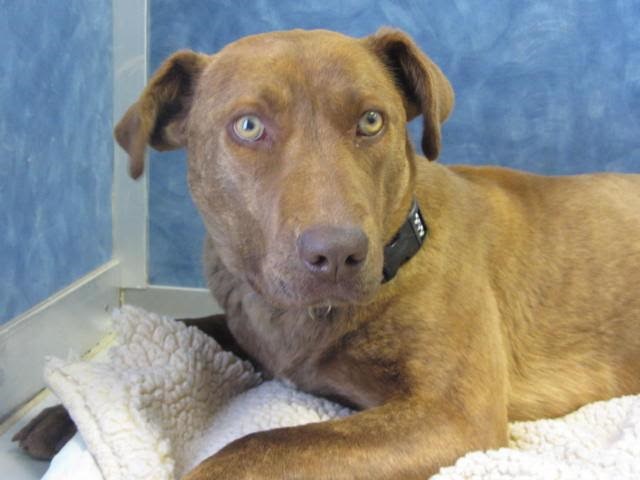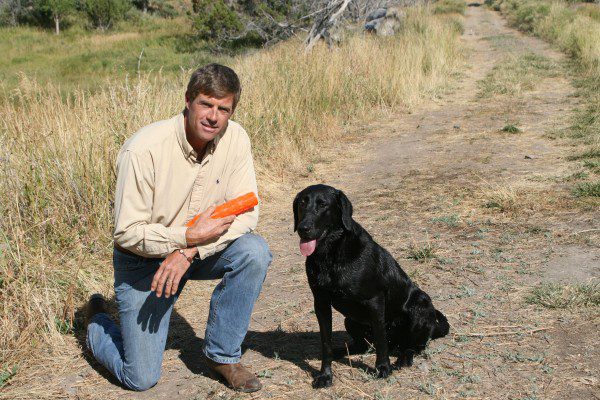
13 Jul Second Chance: Heartworm Prevention
Dear Pet Column,
My dogs and I have recently re-located here from Mississippi and I have noticed a delightful scarcity of mosquitoes in the region. Given this, I am wondering whether I should maintain my dogs on heartworm prevention? Can they truly die from one heartworm infected mosquito or does it take multiple?
Sincerely, Worried About Worms

Missy
Dear Worried,
You are correct to worry about your dog’s contracting heartworm, a potentially deadly infection your dog needs protection from wherever mosquitoes exist. Athough the mosquito population of the Telluride region does not compare to the abundant ferociousness of the south’s crop, they do exist here.
Heartworm is transmitted through the bite of a mosquito – not all mosquitoes – but of course we don’t know which are hosts of the infection and which are not. After infection, the parasites eventually take up occupancy in your dog’s heart where they grow and reproduce. At this stage, as new immature heartworms are released into your dog’s blood stream, they can spread the disease to other dogs through bites of the infected animal, then more bites of uninfected dogs.
So yes, heartworm disease is serious, because heartworms interfere with the normal flow of blood from the right side of the heart to the vessels serving the lungs. If the disease goes untreated, it can result in congestive heart failure, complications of the liver and kidneys, and blocked blood supply to the lungs and other vital organs – thus reducing your dog’s quality and longevity of life.
Symptoms of heartworm disease are minimal at first, but as heartworms grow and mature, their damage increases; your dog may become listless, fatigue easily after exercise, develop a cough, and become anemic.
If diagnosed in time, heartworm is treatable. In fact, the few dogs that have arrived here at Second Chance and were heartworm positive underwent successful treatment and were adopted. Lab tests and X-rays are usually necessary to determine if an animal has heartworm, which is treated through medication and rest and can take several months of recovery depending upon the severity of the disease.
Given all of this information – monthly heartworm prevention is recommended by many of the veterinarians in the region (although some do not feel it is necessary) – it makes sense to talk it over with your vet. Keep in mind that if your dog has not consistently been on prevention medication an evaluative blood test for heartworm is often required prior to beginning prevention. Prevention medicine ingested by a heartworm-positive dog can be quite harmful.
My name is Missy, the Second Chance adoptable pet of the week. I am a very sweet and gentle (heartworm-free) Retriever mix about 1.5 years young. Because I was rather shy upon arriving at Second Chance, I have been in a foster home where I received the extra gentle socialization I needed. Despite my initial shyness, I really enjoy affection when allowed to move at my own pace. Just take one look into my beautifully piercing eyes and you will be mine…Looking forward to meeting you.

Yukon
Or if you don’t want to worry about heartworm, adopt my friend Yukon, a nine-week-young kitten, rescued from an abandoned trailer with her mom and littermates. Yukon is now well socialized and playful and ready for her forever home void of the drama of her first few weeks of life…
Editor’s note: It’s no secret. The Telluride region is dog heaven. Well, pet heaven. Unless you are one of our furry friends who gets caught in the maw of neglect and abuse. Then heaven is on hold until Second Chance Humane Society comes to the rescue. Second Chance is the region’s nonprofit dedicated to saving animals’ lives and promoting responsible pet parenting and human-animal bond. In her weekly blog, executive director Kelly Goodin profiles at least one, generally two of the many animals now living at the no-kill shelter, Angel Ridge Shelter, a dog and a cat, hoping to find them loving permanent homes. The column is sponsored by Ted Hoff of Cottonwood Ranch & Kennel, who from time to time exercises his skills as a dog whisperer, partnering with Kelly and her staff to help train a particularly challenging animal.
By the by, there is no better place to park your pup or get your pup (or adult dog) trained than Cottonwood whenever you head out of town (for locals) or are heading to town and staying somewhere that does not allow pets. Consider joining Ted’s Very Important Dog (VID) Club for added benies. (Details on Ted’s website.)
Second Chance Humane Society Animal Resource Center and Thrift Shop are both located in Ridgway, but service San Miguel, Ouray & Montrose Counties. Call the SCHS Helpline at 626-2273 to report a lost pet, learn about adopting a homeless pet, or about the SCHS Spay/Neuter, Volunteer, Feral Cat, or other Programs. View the shelter pets and services online: www.adoptmountainpets.org
Vetting the Vet: Dr. Michelle Dally. DVM, J.D. is Medical Director of Second Chance Humane Society. She also has a private practice, Dally Veterinary Medicine, 333 S. Elizabeth Street, Ridgway, Colorado. For more on Dr. Dally, go here.




Sorry, the comment form is closed at this time.